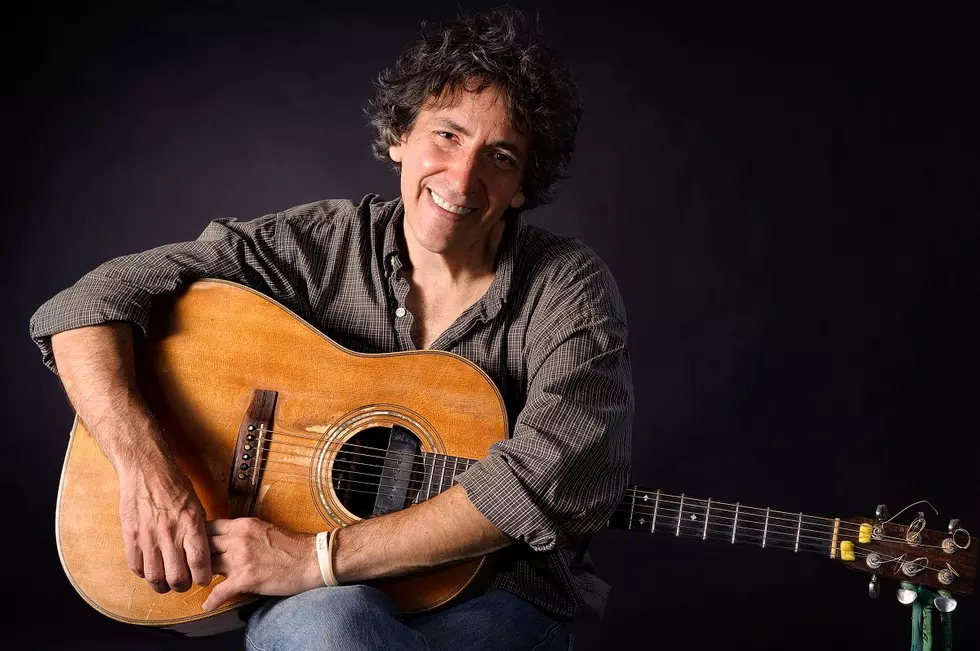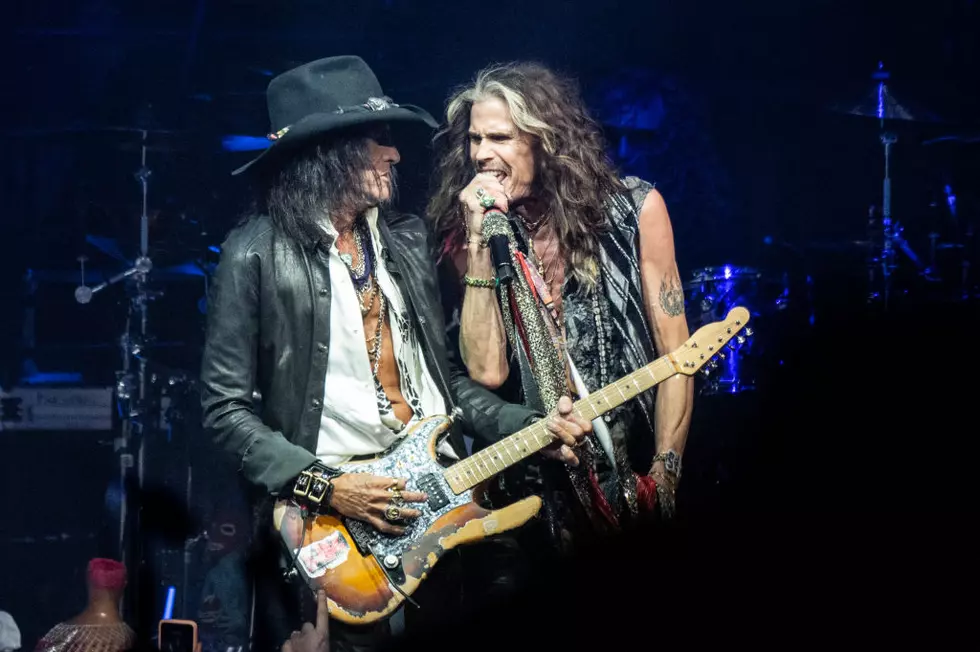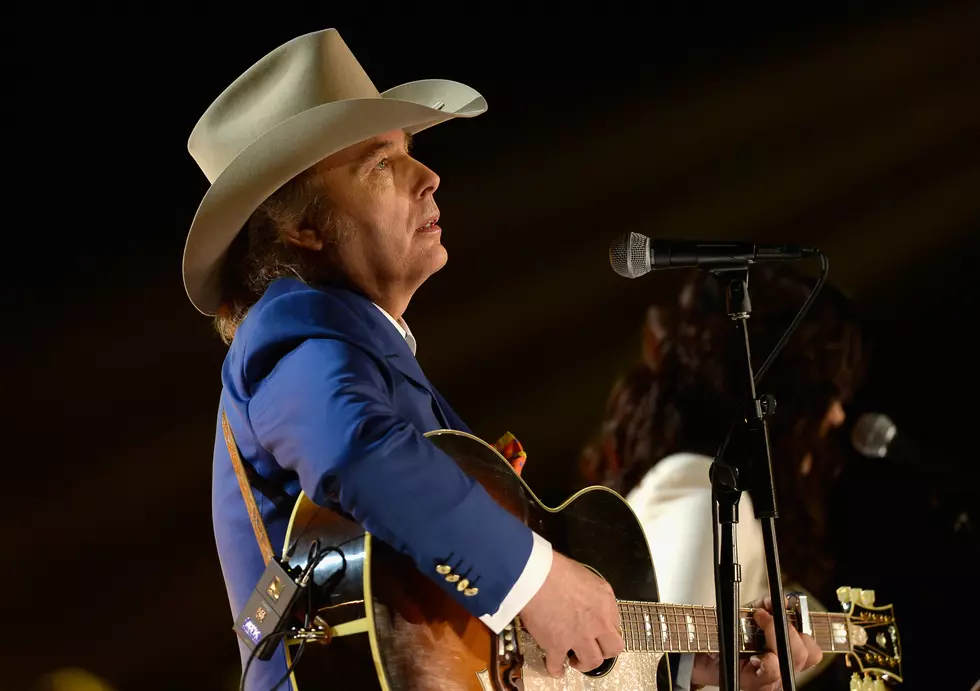
13 Years Ago: Bruce Springsteen Reunites the E Street Band for ‘The Rising’
The most difficult challenge for a musician when writing topical songs is making them resonate beyond their run in the news cycle. The opening riff of Neil Young's "Ohio" still brings chills more than 40 years after the Kent State shootings because of its urgency, but when was the last time you listened to Sting's first couple of solo records?
Bruce Springsteen's The Rising, which was released on July 30, 2012, has lost none of its power. With most of its material written in the aftermath of the 9/11 terrorist attacks, its best songs stand alongside his strongest narratives. He accomplishes this by sticking to what he's best known for -- stories of people whose worlds have been shaken as a result of the tragedy and searching for answers and redemption.
Themes of loss persist, most notably on the opener, "Lonesome Day" and "You're Missing." Springsteen wisely avoids putting them in the context of 9/11 so that they can be applied to any situation. But interspersed with powerful songs that are more specific to the attacks -- "Into the Fire," "Empty Sky," "The Rising" and "Nothing Man" -- they come across as part of the commentary on the events.
But that doesn't mean it all works. "Let's Be Friends (Skin to Skin)" doesn't fit in with the rest of the album. "Worlds Apart"'s attempt to mix rock with Middle Eastern rhythms is stilted, both as music and as a statement. "Paradise" is a bit heavy-handed and "The Fuse" is simply embarrassing. "Waiting on a Sunny Day" polarizes fans, especially live, but at least, in the context of the album, it provides a little bit of relief while advancing its themes.
For many listeners, The Rising's main selling point wasn't that it was billed as Springsteen's comment on 9/11, but that he was recording with the full E Street Band for the first time since 1984's Born in the U.S.A. From the full-throated rock of "Further on (Up the Road)" to the late Danny Federici's gorgeous keyboard solo on "You're Missing," we're reminded of what a formidable group of musicians this is. The reunion brought Steven Van Zandt back into the fold with Nils Lofgren, who replaced him in 1984, giving the band a three-pronged guitar attack. It also introduced new member Soozie Tyrell on violin and background vocals.
One song, the title track, has remained an important part of Springsteen's concerts, signalling the point -- roughly two-thirds of the way in -- that the show is entering the homestretch.
Bruce Springsteen Albums, Ranked Worst to Best
25 Interesting Rock Movie Facts
More From 103.7 The Loon



![Foo Fighters’ Taylor Hawkins Drumming in 9th Grade [VIDEO]](http://townsquare.media/site/66/files/2015/08/Taylor-Hawkins-in-9th-Grade.png?w=980&q=75)




